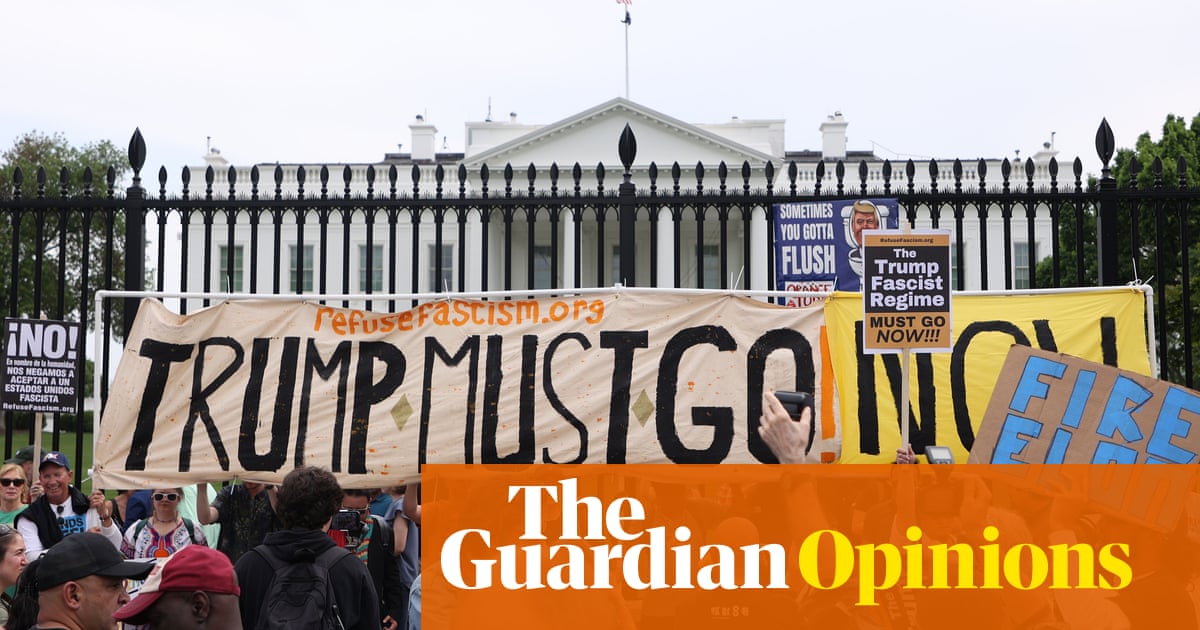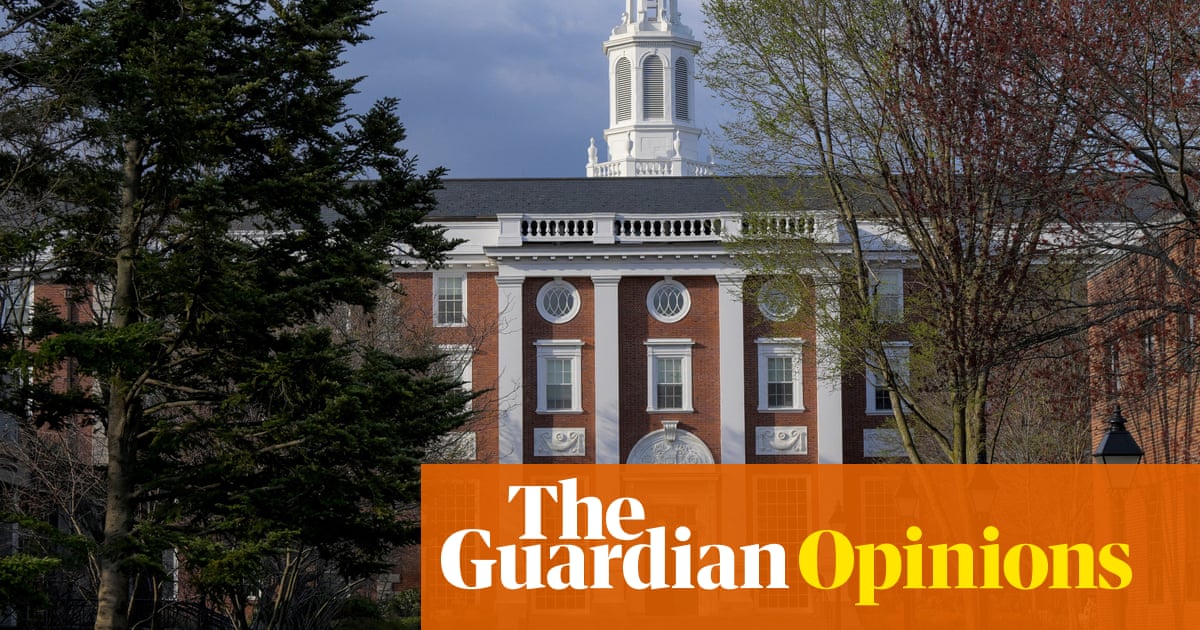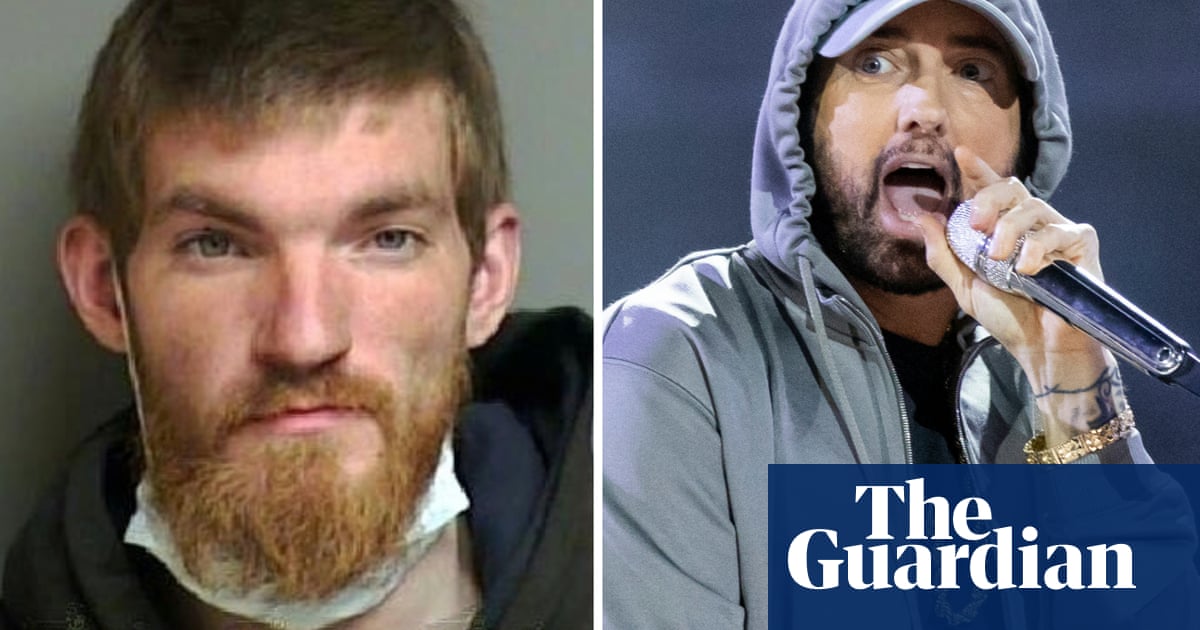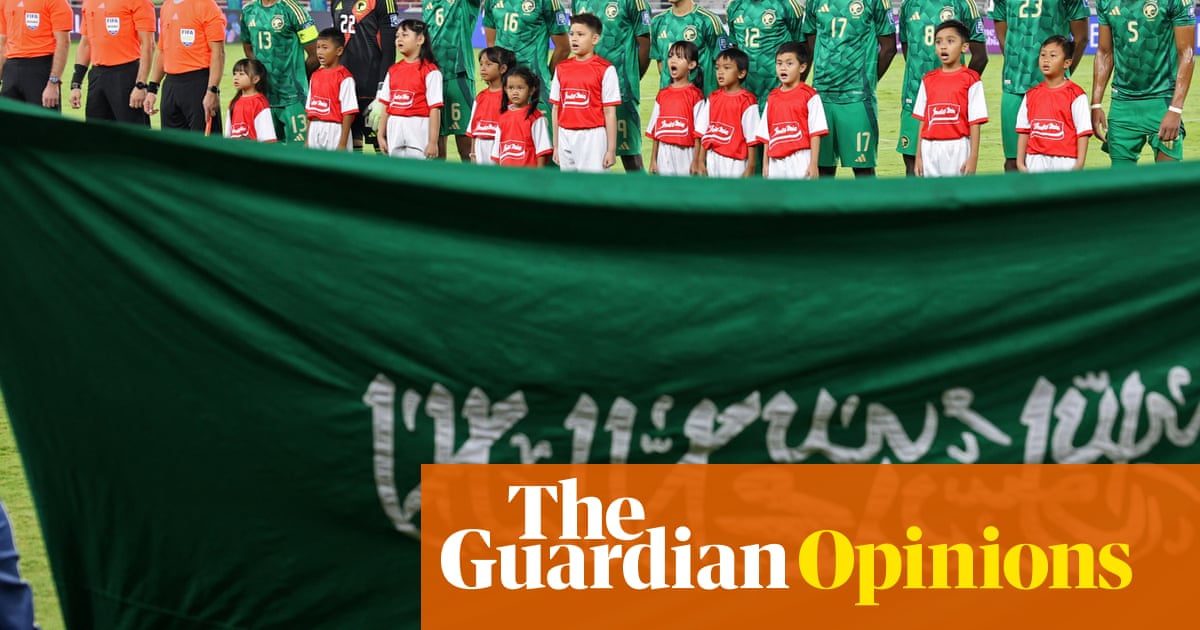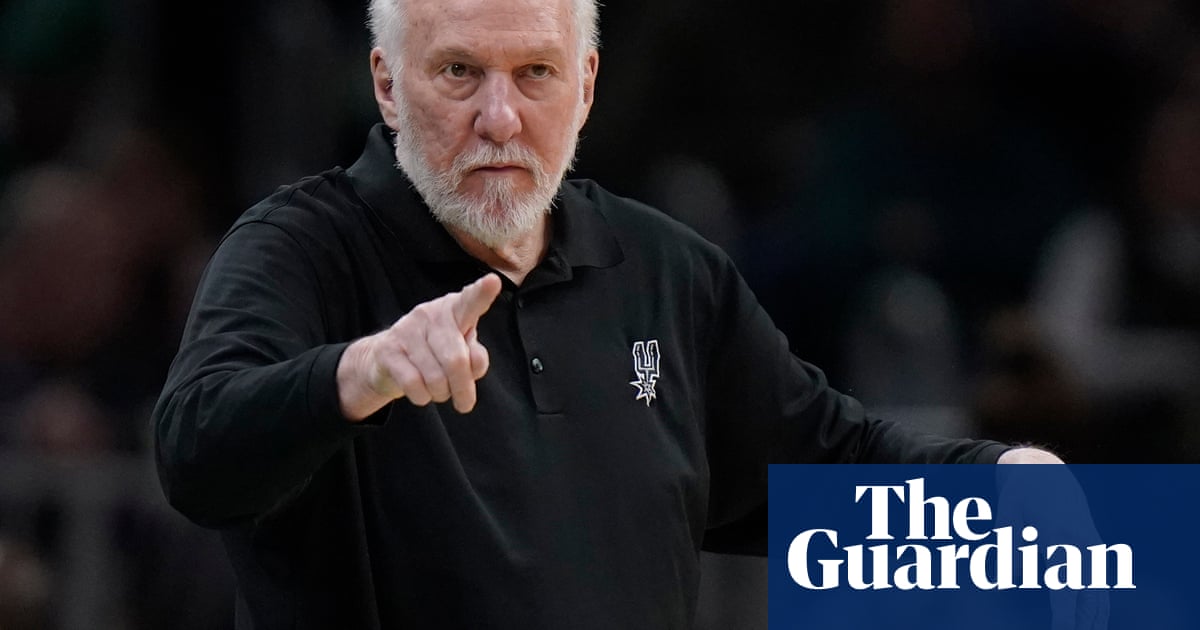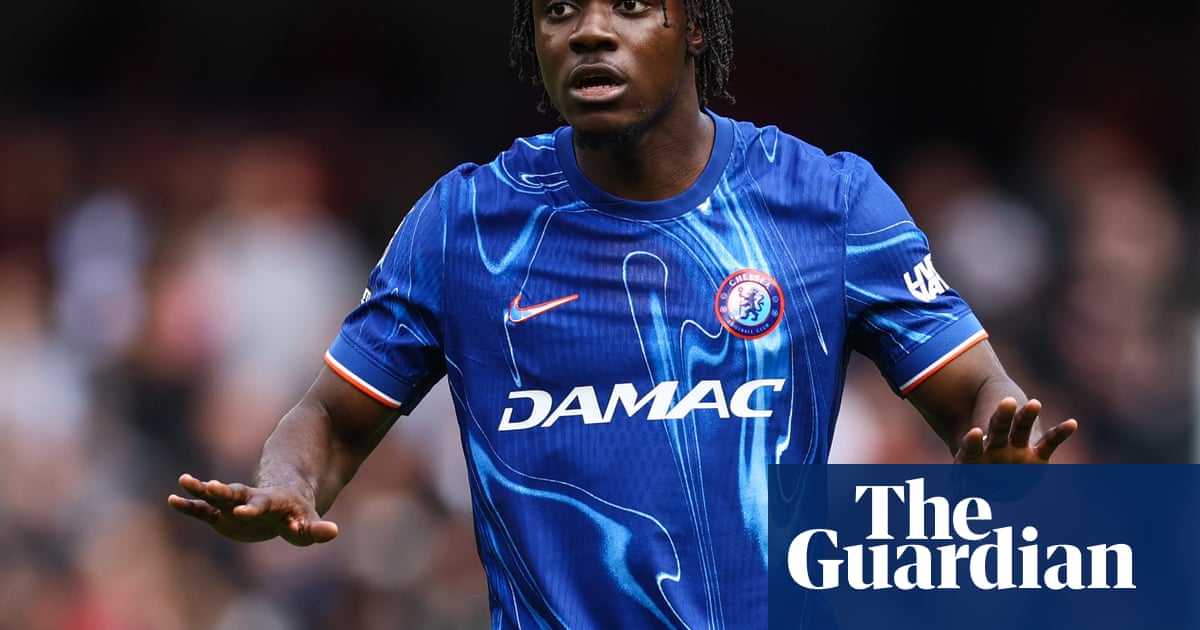The apology is “full and unequivocal”. The damages to be paid are huge. Appearing before the Leveson inquiry in 2011, Rupert Murdoch pronounced that to be “the most humble day of my life”. News Group’s settlement today of Prince Harry’s monumental case citing phone hacking, surveillance and misuse of private information by journalists and private investigators may make this another such day. It appears to vindicate Harry, not just in complaints about his treatment by the Murdoch press, but also the intrusions into the life of his late mother, Diana, Princess of Wales. One can only speculate about the sting of that within the Murdoch empire.
But if the best courtroom drama ends with a sense of justice being done and a triumphant winner, the long-awaited denouement is unlikely to win awards and the satisfaction for the victor, having settled the case must be – to some degree – limited. In this tale of celebrity, scandal and corruption there has been no obvious winner.
Murdoch’s News Group Newspapers, the publisher of the Sun as well as the Times, has spent £1bn and counting over the past 15 years to settle 1,300 complaints alleging phone hacking and other unlawful activities. Morally today, the company is vanquished. But it could have been much worse. This expensive settlement strategy means they have avoided the sort of revelations of unlawful private information gathering and evidence destruction that would have been pored over in the high court over 10 weeks had the case gone ahead.
Harry was never in it for the cash. He previously said he was likely to lose money if the trial went ahead. Any damages would, he feared, be dwarfed “100 times over” by his likely legal bill because of a system that puts a high value on pre-trial settlements.
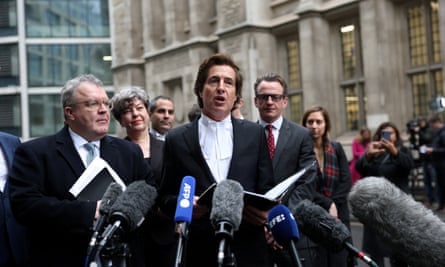
In fighting its corner, Murdoch’s company has spent an enormous amount of money not only hiring an expensive legal team, but also offering enough money that 38 of the 40 original complainants in this case found it impossible to refuse.
Even the press reform campaigner and actor Hugh Grant took the money. After donating it to campaign groups such as Hacked Off he pointed out the pyrrhic victory: “As is common with entirely innocent people, they are offering me an enormous sum of money to keep this matter out of court.” They have now repeated the trick of making sure grubby details did not see the light of day.
NGN has always insisted that the Sun – edited by the current chief executive, Rebekah Brooks, during much of this period – was not involved in illegality. Brooks was found not guilty of phone hacking in a criminal trial in 2014. Yesterday NGN apologised for the first time for unlawful activity at the paper.
So why has Harry settled? There is said to be an eight-figure sum from News Group to consider; he will be pleased with that. But he may also be disappointed that the settlements cuts his challenge short. He had cited the need for “accountability”. “I am the last person that can actually achieve that, and also closure for these 1,300 people and families,” he told a public event in New York.
The cliff-edge element of these cases may also have been a factor. If the amount agreed by the judge is even a penny lower than the settlement offered, the complainant has to pay the legal costs for both sides.
Still, Harry may feel he has achieved his objective of making a much wider point. Describing journalism as a spectrum with the Nobel prize winner Maria Ressa and war correspondents at one end and tabloid journalists who hacked his phone at the other, Harry told the same event in New York last month that he would be “damned” if those journalists hounding him were “going to ruin journalism for everyone else because we depend up on it so much”.
Harry is a divisive figure, loathed and ridiculed by much of the media, not least for pursuing these case and consequently he is a man who divides public opinion. But in this wider point, surely he is right.
One of the biggest travesties of the whole phone hacking saga is that, by failing to properly apologise and atone for its crimes – as opposed to simply paying for its victims to go away – the bad actors of the UK newspaper industry has harmed the reputation of all journalism, good and bad.
NGN initially argued that a rogue reporter and then a rogue newspaper were to blame and continue to insist that the overriding culture was not to blame. But this has always been about more than wrongdoing by one reporter, or one department, or one newspaper or one media group. In the public mind, it has been a debate about journalism – and our vital profession has suffered the opprobrium.
Justice in a civil court – all about the money – was always going to feel limited. On both sides, reputations and relations, particularly inside both the Windsor and Murdoch families, have been broken over the past 30 years.
The language from Harry’s camp today is unequivocal: “Today the lies are laid bare. Today, the cover-ups are exposed. And today proves that no one stands above the law. The time for accountability has arrived.”
So there is a victor and a vanquished here. But still, unquestionably, we have all lost.
-
Jane Martinson is a Guardian columnist
-
Do you have an opinion on the issues raised in this article? If you would like to submit a response of up to 300 words by email to be considered for publication in our letters section, please click here.

 3 months ago
80
3 months ago
80
